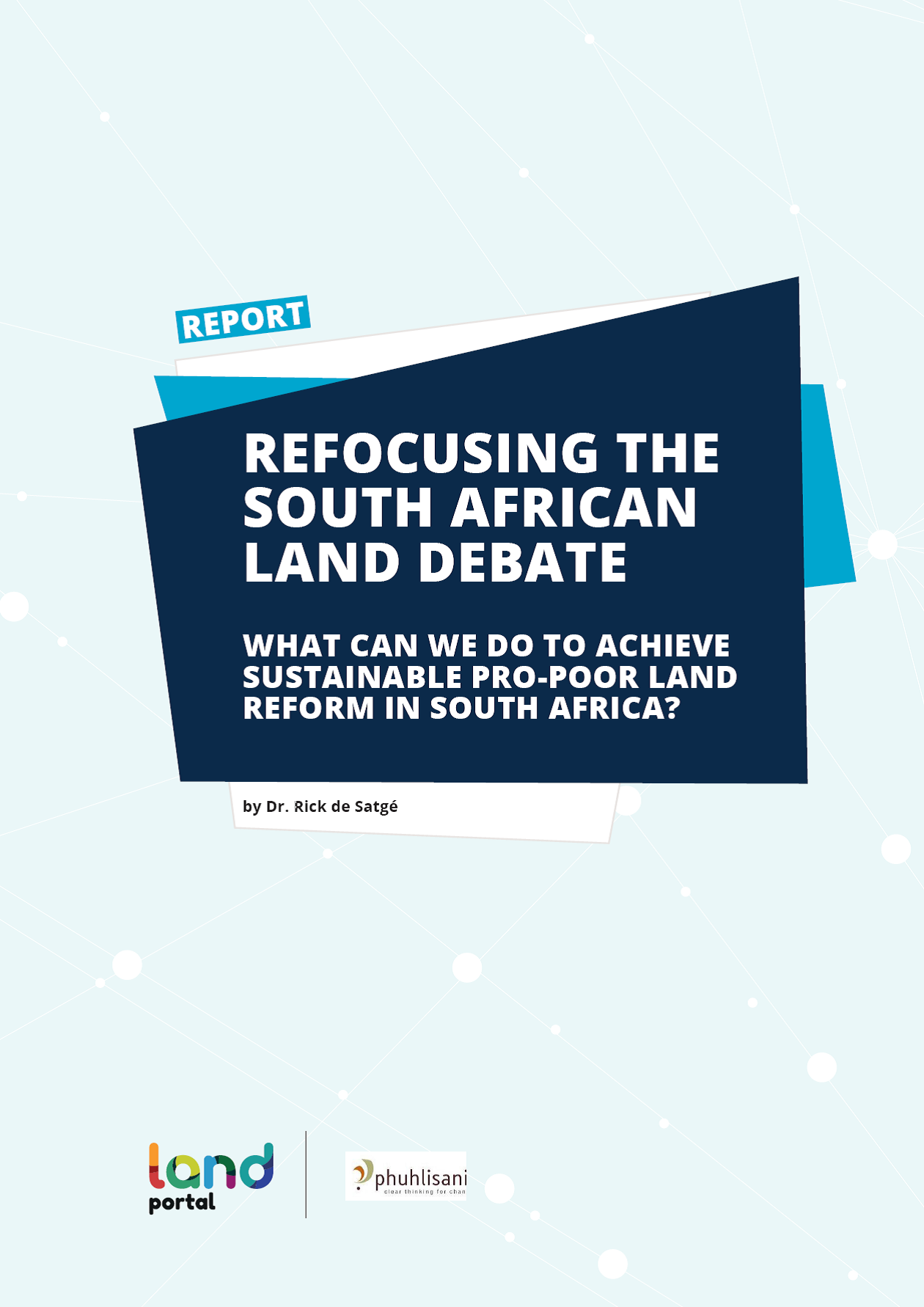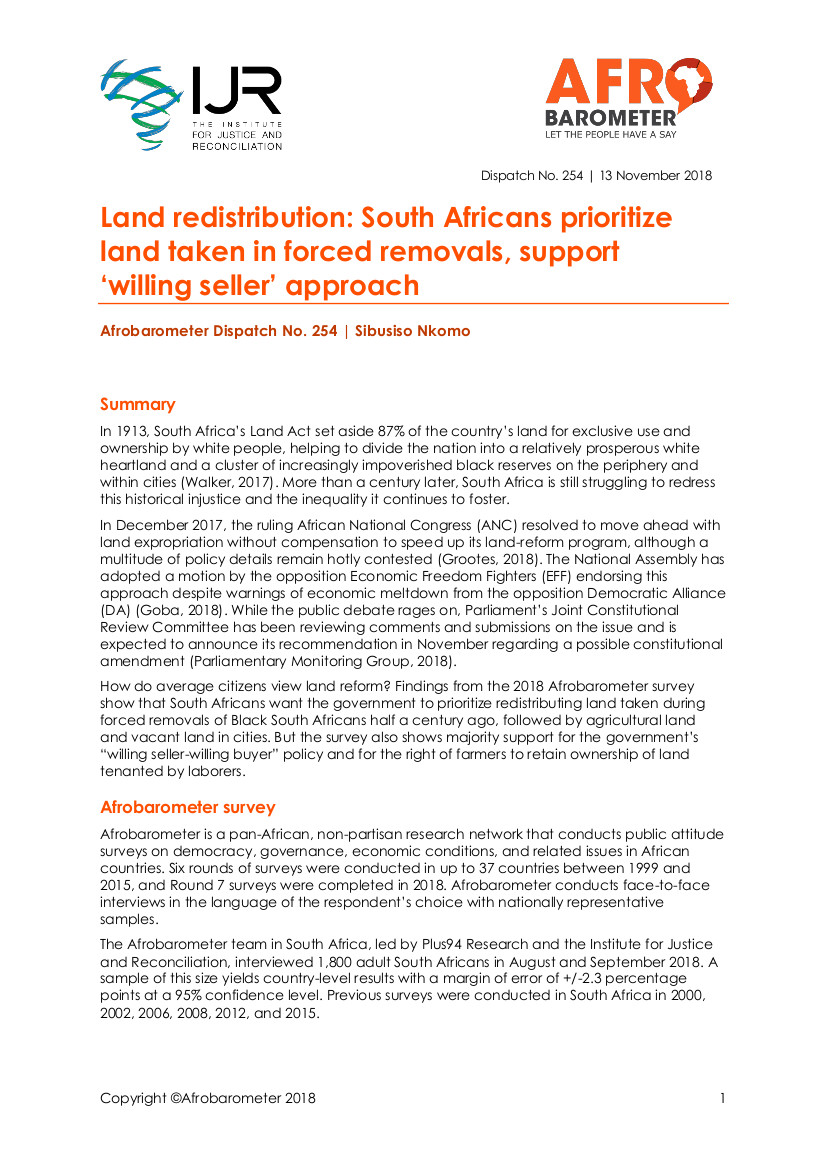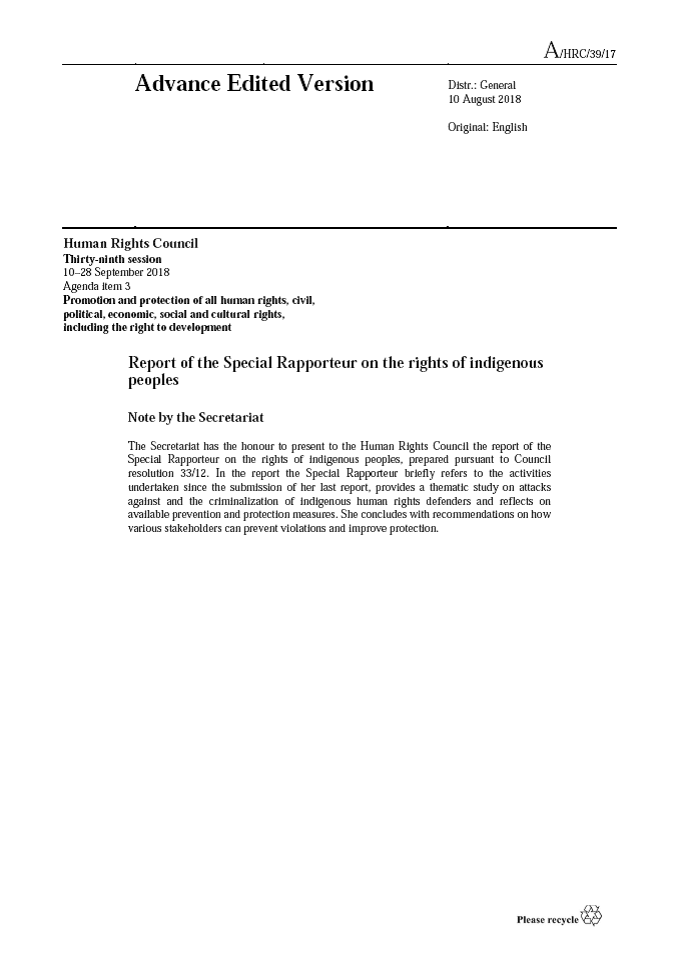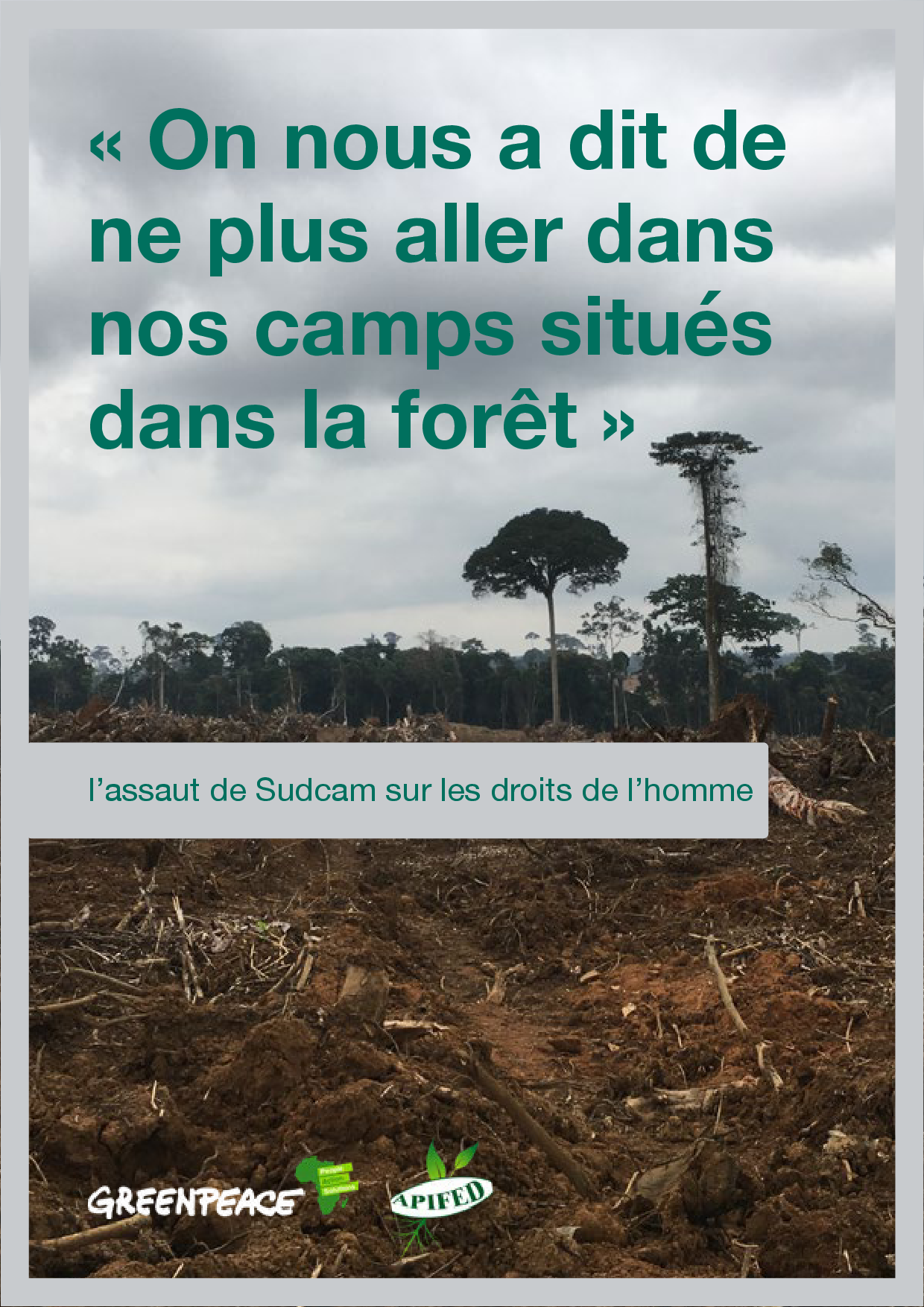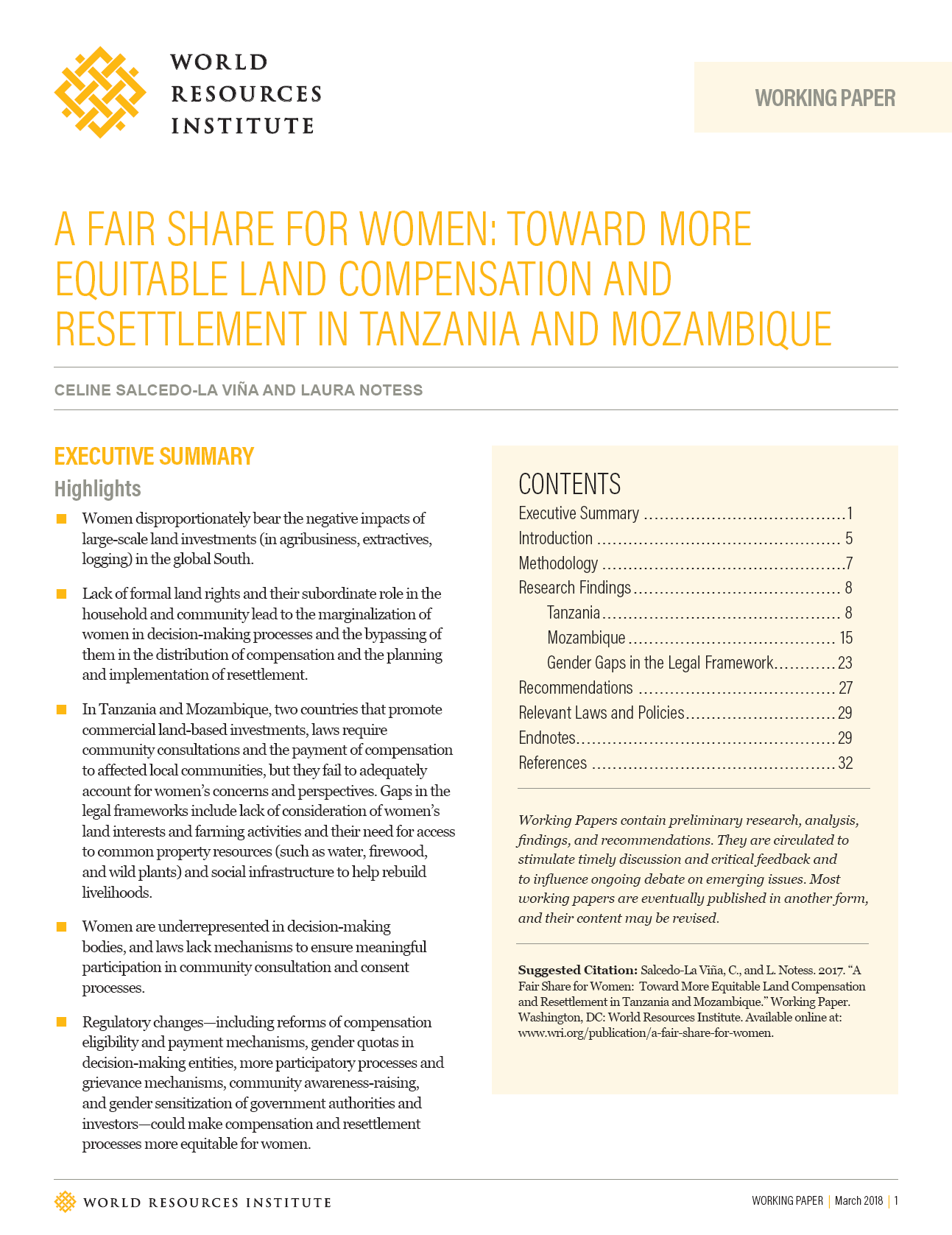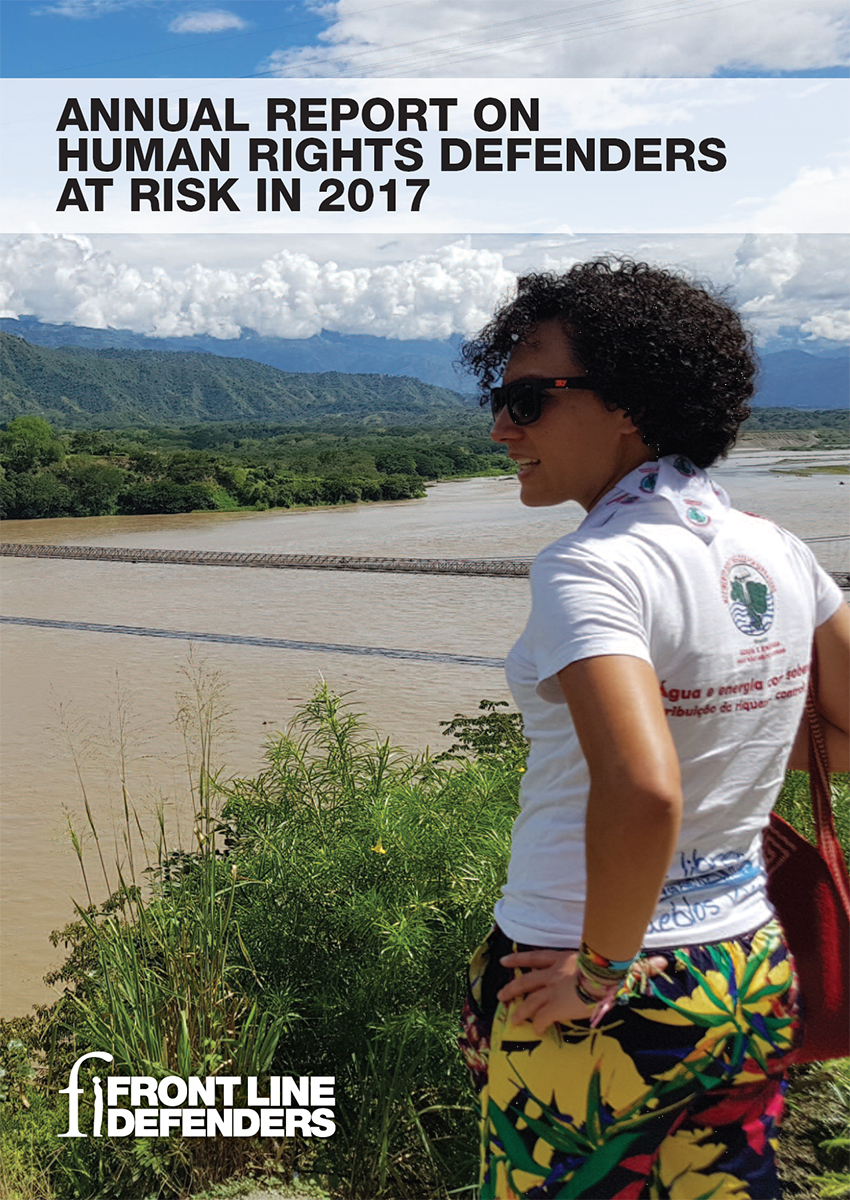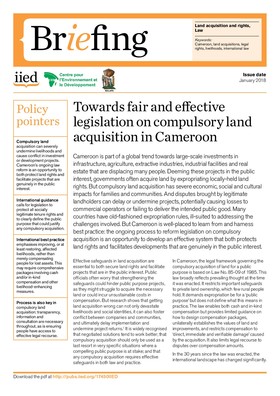Refocusing the South African Land Debate
This moderated online dialogue was facilitated by Phuhlisani NPC in association with the Land Portal. Phuhlisani NPC has drafted this report on the key issues surfaced through the dialogue.
Dialogue objectives
The dialogue provided an online forum to explore different perspectives on the content of a pro-poor programme of land reform programme that can:

